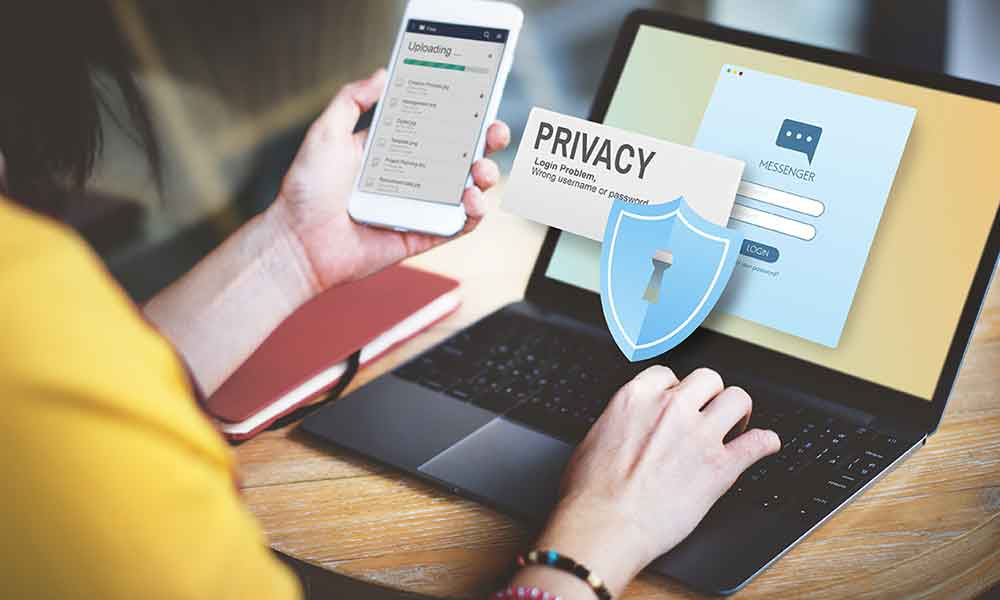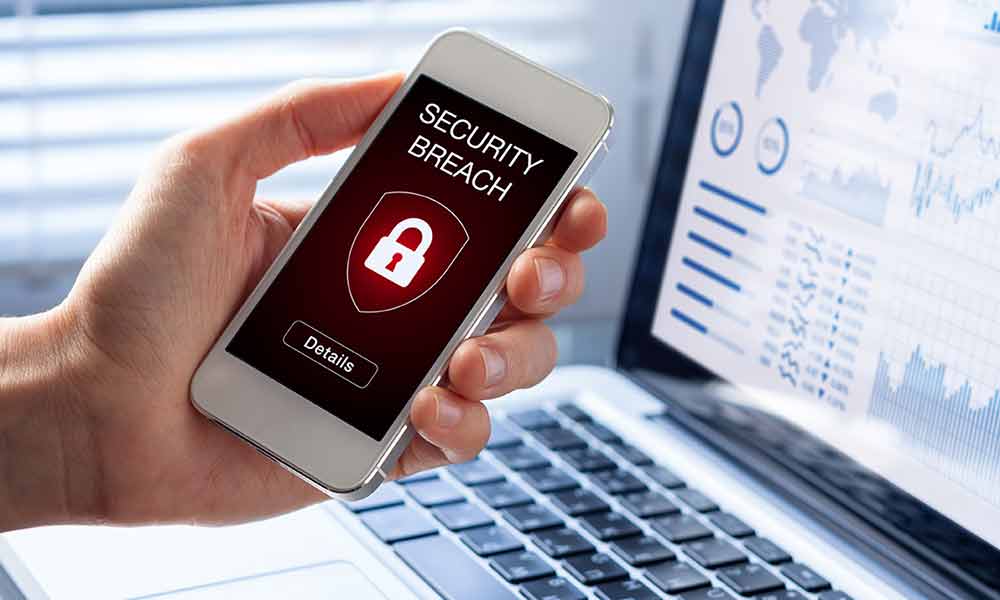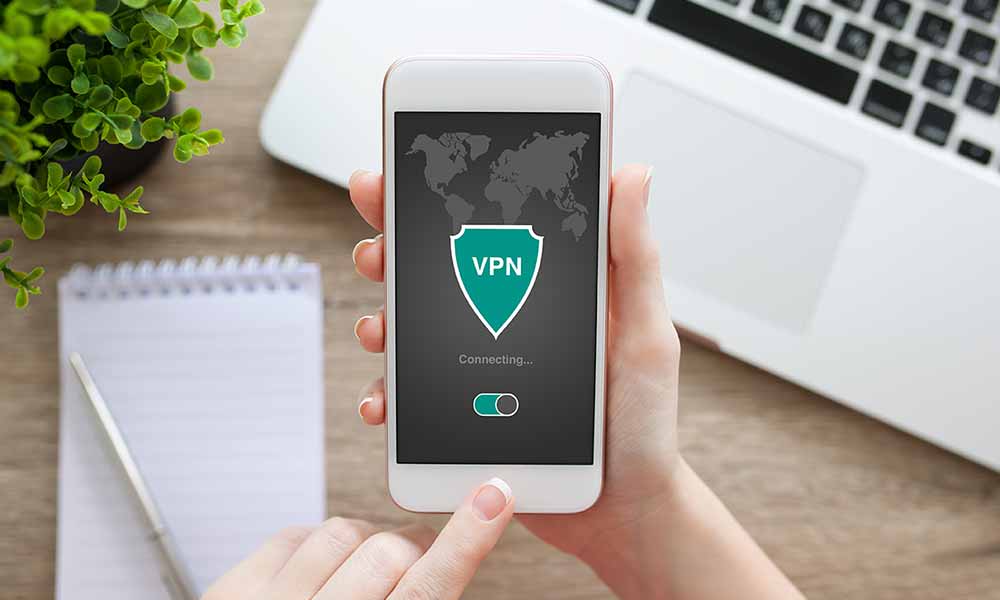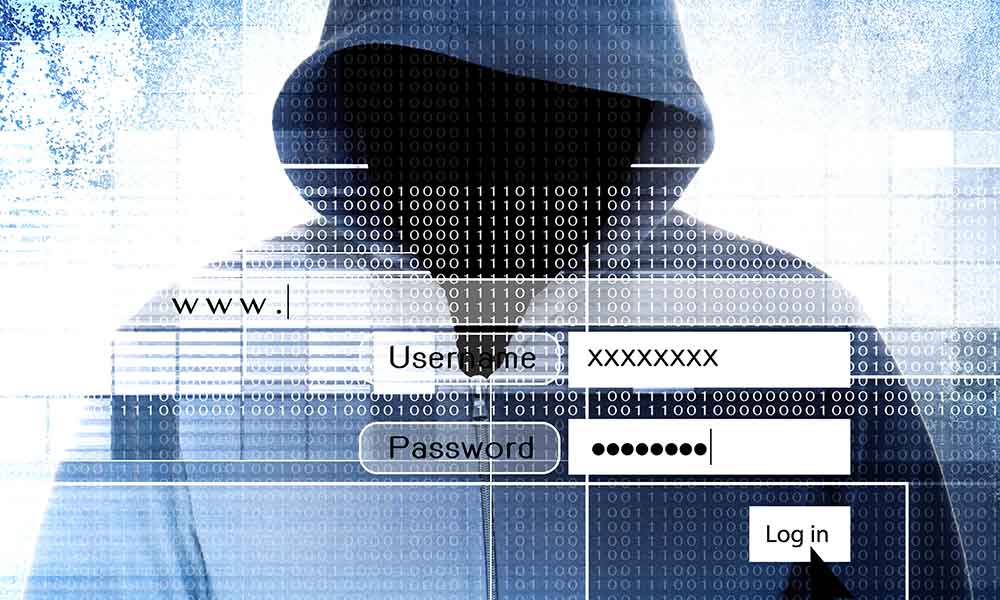7 Ways To Improve Your Network’s Security
Whether your internet network is a home or business one, it can suffer through human error and vulnerabilities in its software or hardware. And the consequences can be damaging. We’re going to look at some ways you can ensure your network remains secure.
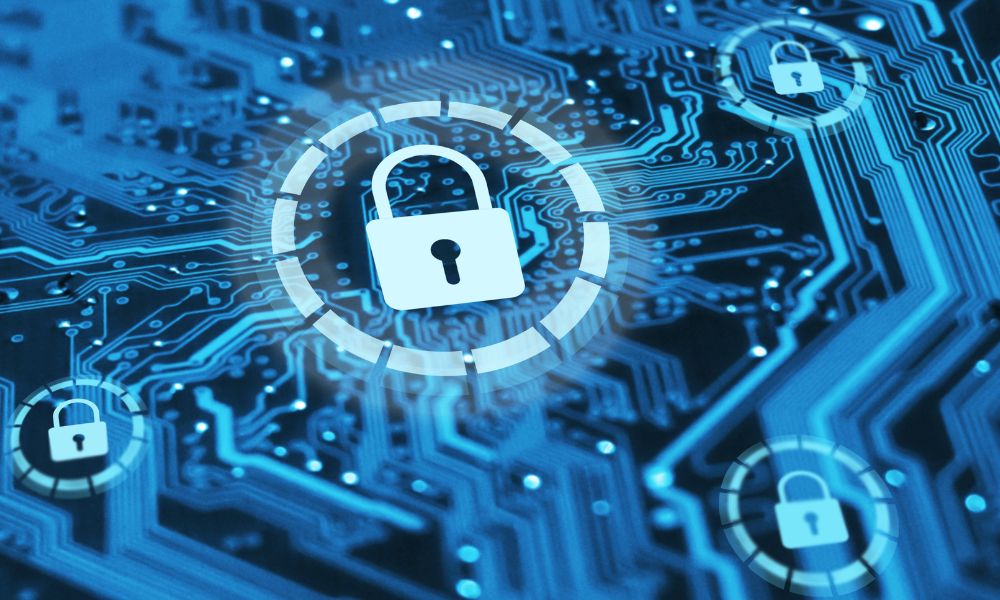
Limiting Human Error
According to a security study by IBM, human error is a primary factor in 95% of cyber security breaches. It’s essential then, that everyone using an IT network is equipped with sufficient knowledge and skills to maintain security.
Let’s look at some ways you can reduce the chances of human error or misuse leading to security problems.
Risk Awareness and Management
Using an IT network securely begins with knowing what the risks are and knowing how to limit them.
For home users, this could involve educating yourself on how to improve your security. A good place to start is your internet service provider. Their website should include a section about security, with generic guidance on what you should know and do. However, for more advanced and tailored assistance with your home network security, it’s worth considering professional IT support.
If you are a business, you should undertake regular staff training on key areas of security such as password management, communications, data protection and cyber attacks.
Keep Passwords Strong and Private
These days, with people having so many different online accounts, keeping on top of all of your passwords can be tricky. It can be tempting to use the same password across several accounts, use very simple, weak passwords, or even write them down.
However, revealing a password can leave your network extremely vulnerable, exposing your personal or business data to potentially malicious actors.
Password guidance could form an entire article, but here are some key tips for now:
Consider using a password manager. This is where a web browser provides ultra-strong passwords, stores them and encrypts them. You don’t need to remember them as long as you are using your web account.
Web browsers such as Google Chrome and Microsoft Edge have free, built-in password managers, which are adequate for home users. While nothing is 100% secure, they’re certainly much better than the risky methods we’ve outlined. Businesses should consider investing in more advanced password managers.
Take Care with Communications
Many data and security breaches occur due to mistakes in online communications.
For example, when emailing sensitive information, check carefully to ensure that you’re sending it to the right people.
If you are a home user, ensure that the address you are emailing to is genuine and trusted. In business, make sure that you haven’t copied anyone into the email who shouldn’t be receiving it.
You should also be careful with what you post on social media. Again, hackers can use any information they find here to try and access your accounts. Never send information through online messengers unless you’re absolutely certain who you’re speaking to, and if you have any suspicions, cease communications immediately.
Even something as simple as leaving your computer open when it’s unattended can risk a security breach. Always lock your computer if you move away from it.
Software
Ensuring your network’s software is sufficient to deal with any threats is paramount to network security.
Have High-Quality, Up-to-Date Security Software
While it can be tempting to forego security software to cut costs, it is an investment you can’t afford not to make.
Home users can obtain complete security packages including anti-virus, firewall, VPN, parental control and camera security for attractive promotional prices.
Things are more complex when it comes to business networks, with factors such as the number of users, level of protection and budget to consider. Our IT Purchasing service ensures you’ll get the right network solutions for your business at the best value.
In the rapidly evolving tech world, new threats arise all the time, so your security software must be updated as soon as possible to limit any new vulnerabilities.
Use a Virtual Private Network (VPN)
A VPN creates a private, encrypted connection between your device (whether that’s your PC, smartphone or tablet) and a secure VPN proxy server, which then connects you to the internet.
Many digital security applications include a VPN service in their packages, with the ability to install it across several devices.
The most important features of a VPN are that it will keep your identity and location secret, and it will prevent anyone from tracking your activity or gathering your data.
This is especially important when you’re using notoriously in secure public WiFi networks, such as those found in cafes and on public transport.
Hardware
Upgrading the physical equipment that supports your network can improve security.
Upgrade Your Cabling To Fibre-Optic
Fibre-optic cables are more secure than copper cables for several reasons.
Firstly, as the signal is transmitted via a beam of light rather than through electricity, fibre is immune to the disruption caused by electromagnetic interference. This can cause data loss in copper cables when they are laid alongside electrical cables or in ‘noisy’ environments.
Also, it’s incredibly difficult to successfully hack or tap into the signal in a fibre cable, meaning your data would be less vulnerable to attacks.
Furthermore, fibre cables can transmit data much further distances than copper cables before the signal starts to deteriorate. This further limits the risk of data loss. Upgrading your network cabling is a significant investment. Our IT Consultancy service can help you understand if this is necessary for you or your business.
Out With the Old, In With the New
It’s essential to keep all of your devices up to date, installing any updates as soon as they become available. That’s because they contain patches and developments that deal with the latest security threats. Not updating your devices can open up weak spots in your network, that hackers or malware could exploit.
What’s more, if your device is several years old, it’s time to consider replacing it. Manufacturers will stop providing updates after a certain number of years, which means a very old computer or phone will not have the latest security features, and therefore be at risk.
Get in touch with us today if you have any concerns about your network security. We’re happy to help.


